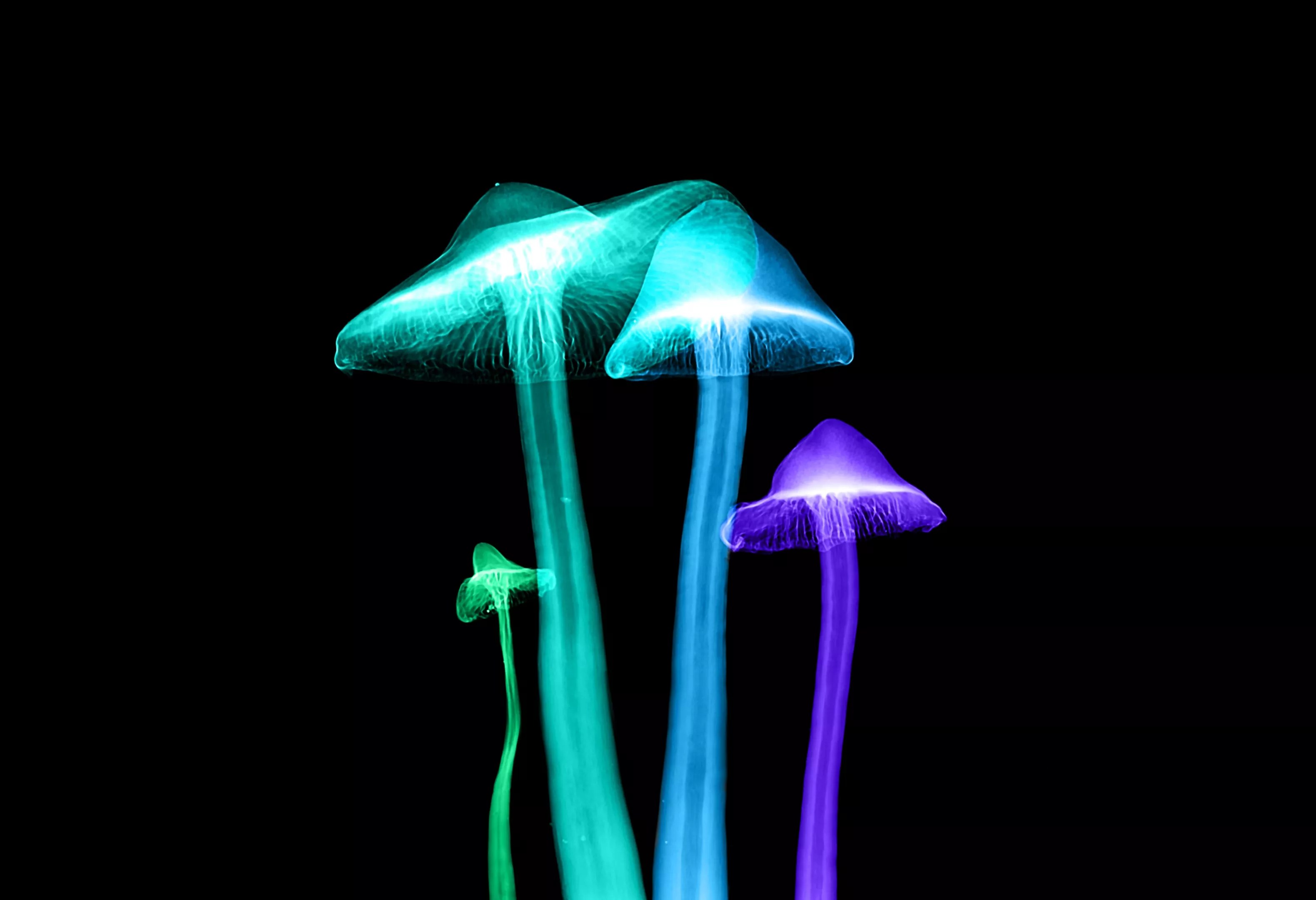
Unsplash/Mathew Schwartz

Audio By Carbonatix
A major domino in psychedelics reform was set to topple in California, where lawmakers made history by becoming the first state legislature to decriminalize psilocybin mushrooms and other psychedelic substances. But then it didn’t.
Similar to the statewide initiative approved by Colorado voters last year, the California bill would have decriminalized the cultivation, possession and sharing of natural plants and fungi that produce psilocybin, DMT and mescaline. It was the first psychedelic decriminalization to ever pass two chambers of a state legislature, but the measure was ultimately vetoed by Governor Gavin Newsom.
Newsom’s recent veto wasn’t a death knell; he said he would sign a bill next year that created regulated guidelines for therapeutic natural psilocybin use and would consider decriminalization in the future. Psychedelic medicine advocates are optimistic he’ll follow through, but when a state with the influence of California pauses psychedelics-reform efforts, Colorado will inevitably feel an impact.
“The first and most obvious answer is because the field is so small and emerging, everything affects everything right now. In some ways, you’ve got all eyes on Colorado as you sort out the parallel approaches, and I think it’s a really awesome opportunity for Colorado. It’s going to offer a lot of lessons for the next rounds of this across the world,” says Ismail Ali, director of policy and advocacy for the Multidisciplinary Association for Psychedelic Studies.
This year, make your gift count –
Invest in local news that matters.
Our work is funded by readers like you who make voluntary gifts because they value our work and want to see it continue. Make a contribution today to help us reach our $50,000 goal!
Colorado is the second state – after Oregon – to legalize therapeutic psilocybin access, and the first to specifically decriminalize certain psychedelics, with adults 21 and over now allowed to cultivate and possess natural psilocybin, DMT, ibogaine and mescaline. California’s failed measure included language similar to that of Colorado’s decriminalization proposal, with allowances and restrictions on community healing sessions and their remuneration as well as more specific rules for ibogaine, which is commonly used to combat opioid addiction.
Specific therapeutic guidelines and a licensing framework were essential in order for Newsom to support the bill…but they weren’t included in the measure. According to one of the drafters of Proposition 122, Colorado’s statewide psychedelics initiative, creating two different lanes for personal and clinical use played a large part in its success.
“I’m biased, but I think we did it right by having both at the same time,” explains Joshua Kappel, a Denver-based attorney who co-wrote Prop 122 and is currently working on its implementation.
Kappel believes that California’s reform effort deserves praise for simply making it to Newsom, pointing out that “voters have always been ahead of the curve when it comes to drug policy reform, and historically, elected officials have been scared to move” on drug bills that conflict with federal law. Many of Newsom’s desires for therapeutic guidelines are currently being addressed by Colorado lawmakers and stakeholders participating in rulemaking discussions with the state departments of Regulatory Agencies and Revenue.
“How does a psychedelic facilitator license interact with other mental health professionals? How does a licensed psychedelic facilitator interact with our mental health care system? What sort of training should be required for psychedelic facilitators? What sort of psilocybin strains should be permitted, and what should the dosage be?” Kappel asks. “This a pool of medicine that has been very helpful for people to treat their mental health ailments, but it’s not a magic bullet, and it doesn’t work for everyone. We’re still working on the implementation of it, and the agencies tasked with implementing it have been doing a really good job.”
Psilocybin clinics and therapy centers are set to open as early as 2024 in Colorado, while DMT and mescaline are up for legal review by the Colorado Department of Regulatory Agencies by 2026. Ibogaine was further restricted by Colorado lawmakers after Prop 122 passed, however, with personal gifting no longer decriminalized (but cultivation and possession still allowed); the substance can now be up for DORA therapeutic review earlier, according to Kappel and Natasia Poinsatte of the Healing Advocacy Fund.
“There’s a recognition that ibogaine has this incredible potential, specifically for opioid use disorder, which we know is harming our communities, but at the same time, ibogaine does have these physiological risks. We need adequate screening, medical supervision and the ability to intervene if cardiac risks do materialize. If folks are just out there sharing it, they might not have those safeguards in place,” Poinsatte says.
An organization that advocated for Prop 122 and is now helping implement Colorado and Oregon’s new psychedelic laws, the Healing Advocacy Fund wasn’t active in California’s latest bill, according to Poinsatte, as its staff is still plenty busy in the Rocky Mountains. Still, if more states jump into similar waters, Poinsatte says the Healing Advocacy Fund would likely be there to help them swim.
“I think some of this growth will probably have that regardless [of California’s veto], because as it stands, Colorado does have the most comprehensive piece of psychedelic legislation in the country, and from that I think there will be more research,” she adds. “We’re focused on Colorado and Oregon, but in the longer term, we do envision applying our learning in Colorado and Oregon to other states as they make changes.”
Ali, Kappel and Poinsatte believe that the California veto hurt psychedelic medicine reform and access in favor of the new forms of therapy, but they all agree that it’s only a matter of time before more states join. State legislatures in Nevada, Washington and Hawaii all recently passed bills creating psychedelics research programs, and Massachusetts could vote on at least one state amendment involving the legalization of psychedelics next year.